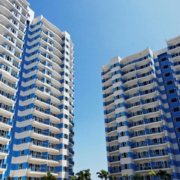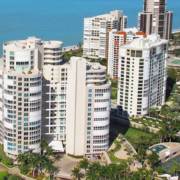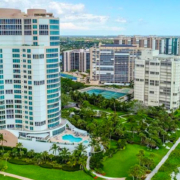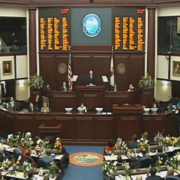Electric charging and natural gas fueling options at condominiums
With the increased interest in electric charged, and now natural gas fueled cars, Chapter 718.113(8) and (9), Florida Statutes was amended effective July 1, 2021 to accommodate unit owners desiring ownership of such alternative vehicles. We have seen demand so far for electric charging stations but not yet for natural gas fueling stations.
First, such owners can install electric charging or natural gas fueling stations within the boundaries of their assigned limited common element parking spaces. The stations must be separately metered or metered by an embedded meter and payable by the unit owner installing such. The charging or fueling costs must be paid by the unit owner installing the station and the installation, operation, maintenance, repair and any increased insurance costs or removal costs are the responsibility of the unit owner.
The Association can require reasonable architectural standards for the stations and required the installer to be licensed and registered. It can also require a certificate of insurance naming the association as an additional insured on the owner’s insurance policy for any claim related to the stations and/or pay any increased cost in the Association insurance because of the individual station.
As a second option, some Associations are determining they would rather install communal stations on the common elements to be used by multiple unit owners rather than numerous individual stations at the individual assigned parking spaces. The benefit of the communal stations is that you can add additional ones as the demand rises rather than installing a lot of them before the demand is there and the cost per user is less than individual stations. Such communal stations should be paid for by the owners who will be using them to avoid some owners paying to “fill up” their neighbor’s cars. Even if you install such communal stations, you will still have to allow individual stations at unit owner’s limited common element parking spaces if desired by some willing to pay the higher cost.
Section 718.113(9), Florida Statutes provides: “The board of administration of an association may make available, install, or operate an electric vehicle charging station or a natural gas fuel station upon the common elements or association property and establish the charges or the manner of payments for the unit owners, residents, or guests who use the electric vehicle charging station or natural gas fuel station. For the purpose of this section, the installation, repair, or maintenance of an electric vehicle charging stations or natural gas fuel station under this subsection does not constitute a material alteration or substantial addition to the common elements or association property.”
So, no material alteration or substantial addition membership vote is required for either the addition of individual or communal electric charging or natural gas fueling stations.





